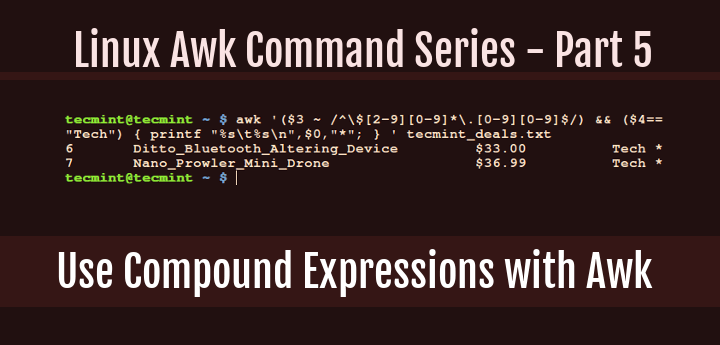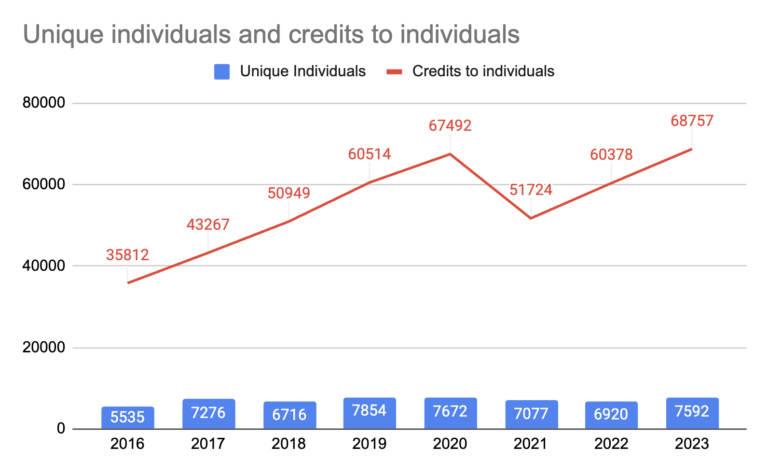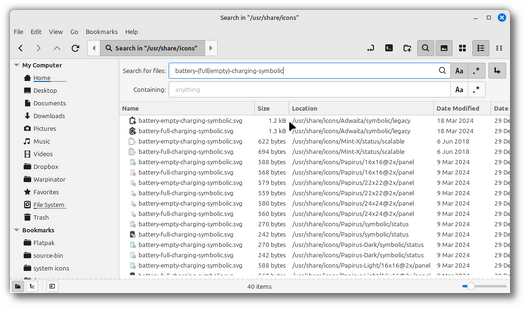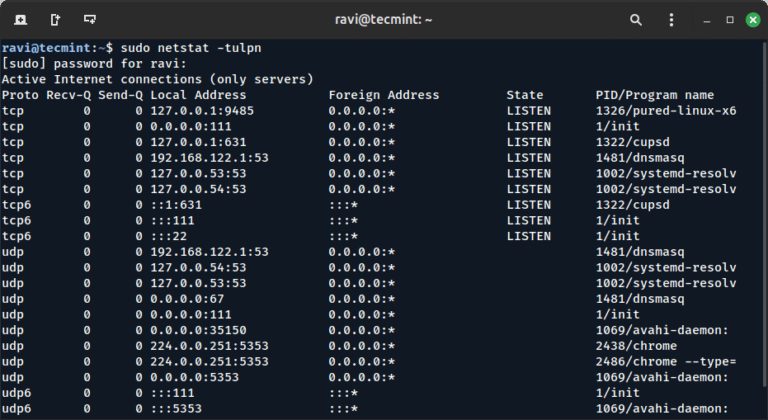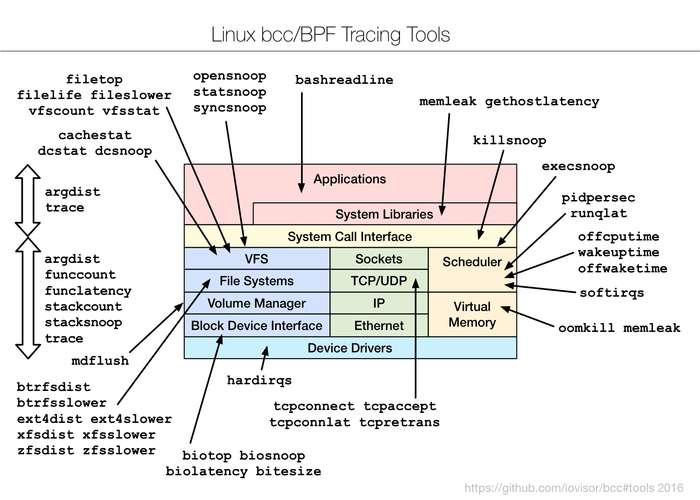Welcome to the Linux Distros page where we catalog the latest versions of your favorite Linux distributions, highlight their latest features, direct you to the download page, and include installation guides where necessary or as requested.
The Linux Distros page is a Live page because we will continually update its content as the below-listed distros release major versions. In other words, stay tuned!
I have used Fastfetch – a command-line utility to display operating system, software, and hardware information in the screenshots of each Linux distribution.
1. RHEL Linux
RHEL stands for Red Hat Enterprise Linux and it is the world’s leading enterprise Linux platform from which businesses can scale existing applications as well as roll out developing technologies for any type of environment, especially the cloud.
Its latest version is RHEL 9, and it ships with a ton of changes including:
- Cockpit Web Console – Enhancements to the web-based interface for managing and monitoring your RHEL systems.
- System Purpose – Improvements in aligning your system’s purpose with Red Hat subscriptions to optimize usage and compliance.
- Unified ISO Support by Anaconda – A streamlined installation process with the Anaconda installer, supporting a unified ISO for different installation methods.
- LUKS2 Disk Encryption Format Support – Improved security features with support for LUKS2, offering more robust encryption options.
- 5-Level Paging and Tables Support – Better memory management capabilities with 5-level paging support, enhancing performance on large memory systems.
- RPM Updates – Updates to the RPM package manager, providing more efficient and secure package management.
- BIND Updates – Upgraded BIND (Berkeley Internet Name Domain) for better DNS server performance and security.
RHEL is not free but you can try it for free, but, or talk to a Red Hatter using the links provided on the official website.
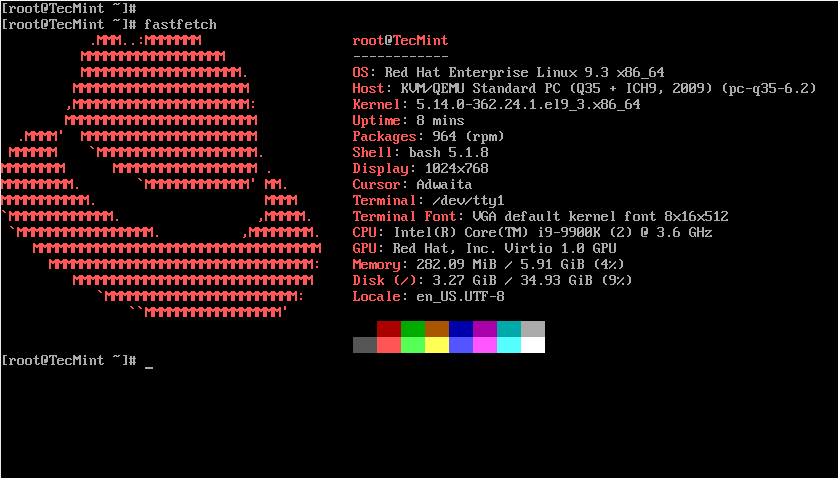
2. CentOS
CentOS is a community-driven project focused on delivering a free and robust open-source Operating System in 2 versions:
- CentOS Linux – a consistent and manageable platform that suits a variety of deployments.
- CentOS Stream – a rolling-release distro that derives virtually all of its features from RHEL and Fedora Linux.
The latest versions of CentOS are available as CentOS and CentOS Stream and some of the new features that they house include changes in several major areas including virtualization, security details, installation and image creation, infrastructure services, Cockpit web console, and networking.
CentOS is available free of charge and can be downloaded from the official CentOS website.
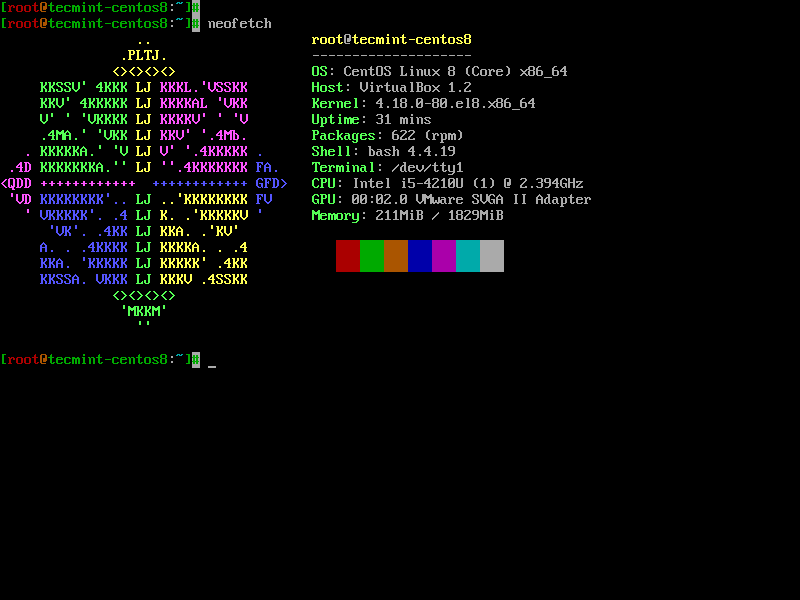
For CentOS 9 installation instructions, read our guide Installation of CentOS Stream 9 with Screenshots.
3. AlmaLinux
AlmaLinux is a free and open-source operating system that is a true 1:1 binary compatible distribution and a clone of RHEL. It is designed to take over from CentOS and can be used in a myriad of environments including virtual machines, bare-metal installations, desktop PCs, and even enterprise-grade servers.
The maiden stable release of AlmaLinux (AlmaLinux 8.3) was made available on March 30, 2021. Currently, the latest version of AlmaLinux – and the second stable release, is AlmaLinux 9.0.
AlmaLinux 9.0 was released on May 26, 2022, succeeding AlmaLinux 8.x as the latest stable version. It provides a free and open-source operating system compatible with Red Hat Enterprise Linux (RHEL) 9.
Here are some key features of AlmaLinux 9:
- Kernel Version 5.14 – Offers improved hardware support and performance enhancements.
- Cloud and Container Development – Includes tools and technologies for building and deploying modern applications.
- Web Console (Cockpit) Improvements – Provides a more user-friendly experience for server management.
- Enhanced Security – Includes additional security profiles, improved SELinux performance, and better user authentication logs.
- Updated Programming Languages and Tools – Features newer versions of Python (3.9), GCC (11), LLVM, Rust, and Go compilers for easier application development.
It’s important to note that the AlmaLinux 8 series reached end-of-life in May 2024. For new deployments, it’s recommended to use AlmaLinux 9 to benefit from active support and security updates.
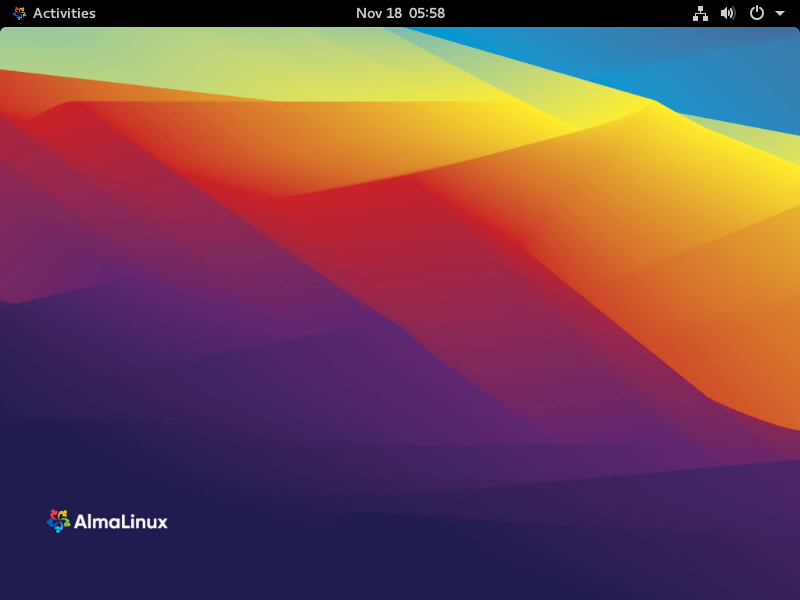
4. Fedora
Fedora is a well-polished free and open-source operating system built for laptops and servers to be powerful, flexible, and reliable when given any task. It is supported by several companies, especially Red Hat. It was first released on November 6th, 2003, and has since been known for making innovative moves in cloud and container development.
The latest release is Fedora 40, which was released on April 8th, 2023, and comes with a handful of exciting features and to mention a few they include:
- GNOME version 43
- Updated packages: Python 3.11, NodeJS 18, Glibc 2.39.
- Improved support for Rock64 and RockPro 64, among other SoC chips.
- Updated hardware support.
- Docker has been replaced by the upstream package moby-engine.
- 32-bit support dropped.
Interested in downloading Fedora 40? Grab it from the official download page and follow the Fedora 40 installation instructions.
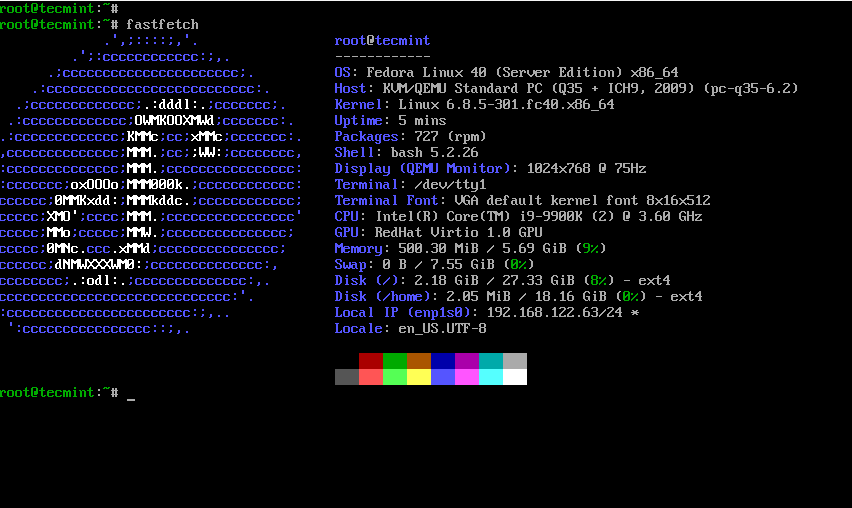
5. Debian
Debian is a free and 100% open-source operating system that comes with over 59000 packages and precompiled software bundled up into an easy-to-install format on virtually any machine.
If you don’t know anything about Debian your single takeaway can be that it is the distro that Ubuntu is based on, and it has been doing wonders in the open-source community since its first release in September 1993.
The latest Debian version, Debian 12, was released on June 10th, 2023, after months of development. It is codenamed “Bookworm” and ships with several desktop environments for users to choose from, including Cinnamon, GNOME, KDE Plasma, LXDE, LXQt, MATE, and Xfce.
This is a Long Term Support version that will be supported for the next 5 years and it includes tons of changes, bug fixes, and system improvements including:
- Wayland is the default display server.
- AppArmor is enabled by default.
- Network filtering is based on the nftables framework by default.
- Improved UEFI (Unified Extensible Firmware Interface) support.
- Cups and cups-filters are enabled by default.
- Updated software packages including Apache 2.4.57, Chromium 90.0, GnuPG 2.3, OpenJDK 17, and more.
Debian is available free of charge and you can download your preferred version of Debian from here: Download Debian 12.
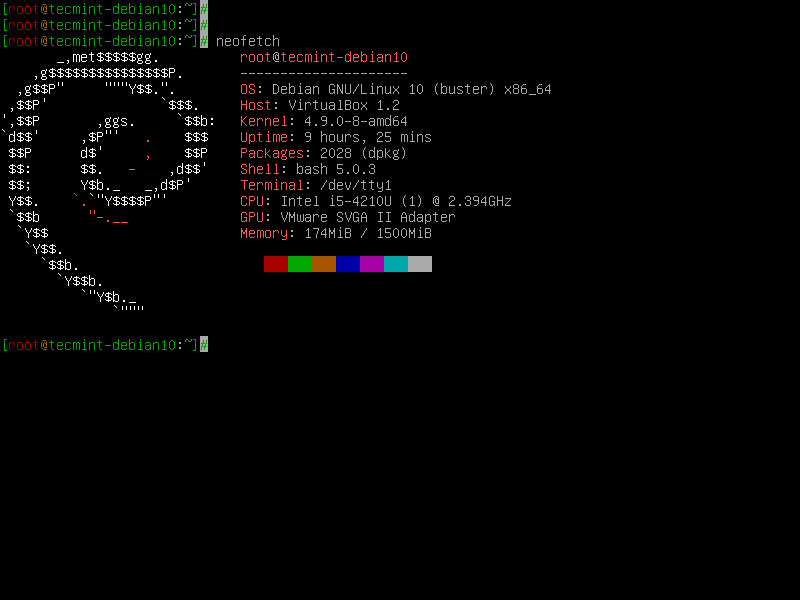
6. Ubuntu
Ubuntu is a free and open-source debian-based operating system popular for its simple beautiful design, customization features, and ease of use.
It is developed by Canonical in different versions colloquially referred to as flavors e.g. Xubuntu and Kubuntu, on a strong open-source philosophy and has since become the most popular Linux distro in the market today dominating up to 26.82% of OS market share.
The latest version of Ubuntu is 24.04 LTS, codenamed Noble Numbat, which was released in April 2024. LTS stands for Long Term Support, which means it will receive security and maintenance updates for the next five years, with extended support available through Ubuntu Pro.
Some key features of Ubuntu 24.04 LTS include:
- GNOME 46 desktop environment with support for quarter screen tiling.
- New Desktop installer with autoinstall support.
- Improved security features.
- Linux kernel 5.19 (with the option for a newer Hardware Enablement kernel).
- Updated software packages.
Ubuntu is available free of charge and you can download your preferred version of Ubuntu from here: Download Ubuntu 24.04.
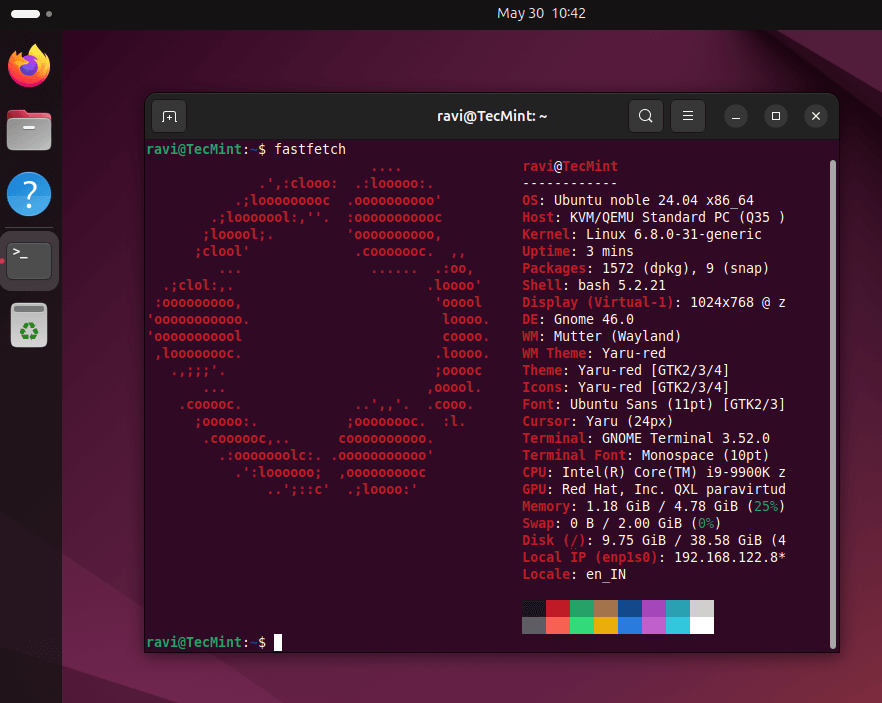
For Ubuntu 24.04 installation instructions, read our guide: Get Started with Ubuntu 24.04: Beginner-Friendly Installation & Tweaks
7. Linux Mint
Linux Mint is a Debian and Ubuntu-based community-driven distro built with a focus on powerful, elegant, and easy-to-use computing. Right out of the box it ships with complete multimedia support among several free and open-source applications.
It is available in 3 main editions, MATE, Xfce, and Cinnamon, boasts of several community-driven and Debian editions, and has since become to be among the most loved Linux distros since its first release by French IT specialist, Clement Lefebvre in 2006.
Its latest version is in the form of Linux Mint 21.3 is codenamed Virginia and it is filled with major fixes and new features including:
- Updated software base for improved security and performance.
- Enhancements to the Cinnamon desktop environment (most popular edition).
- Continued support for MATE and Xfce editions.
- Improved hardware compatibility.
Importantly, Linux Mint 21.3 is a Long-Term Support (LTS) release, which means it will receive security updates until April 2027.
Linux Mint is available free of charge and you can download it from here: Download Linux Mint 21.
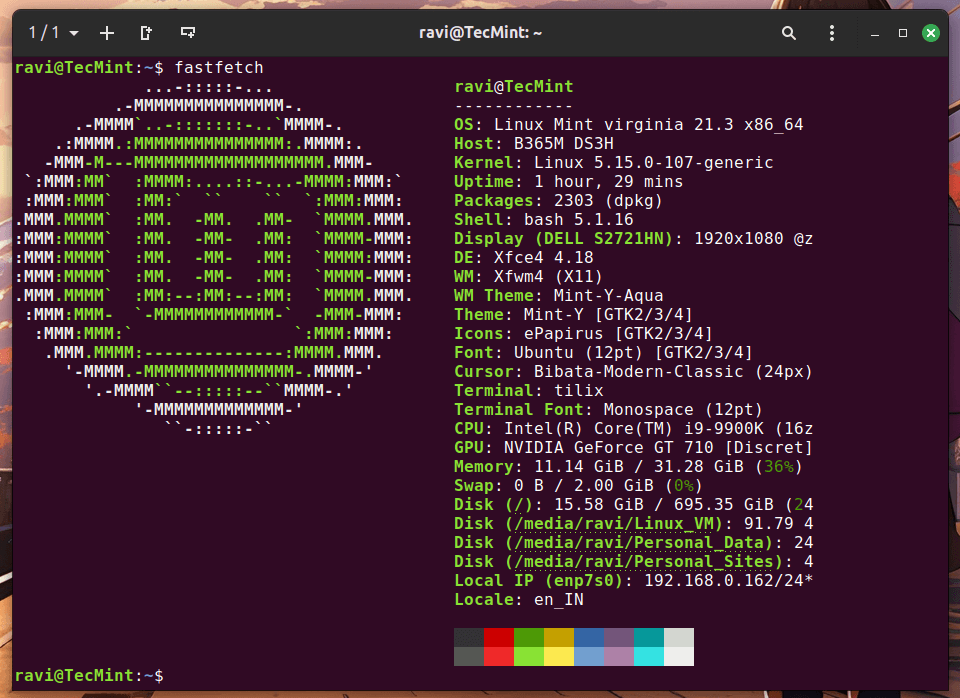
For Linux Mint installation instructions, read our guides: Linux Mint 21 XFCE Installation.
8. Manjaro Linux
Manjaro Linux is a free, open-source Arch-based Linux distro popular for its beauty, reliability, and above all, simplification of the very technical Arch Linux Operating System.
It ships with the lightweight Xfce desktop environment which enables it to run fast on even low-resource systems, but it also has KDE and Gnome editions, as well as 32-bit community-maintained editions.
The latest version of Manjaro Linux is Manjaro 24.0 which was released on May 14, 2024, and its major features include:
- Up-to-date packages due to the rolling release model.
- Improved desktop integration.
- Multiple desktop environments to choose from.
- Hardware detection and easy driver installation.
- KAccess to AUR (Arch User Repositories) for a vast software selection.
Manjaro Linux is available free of charge and you can download it from here: Download Manjaro 24.
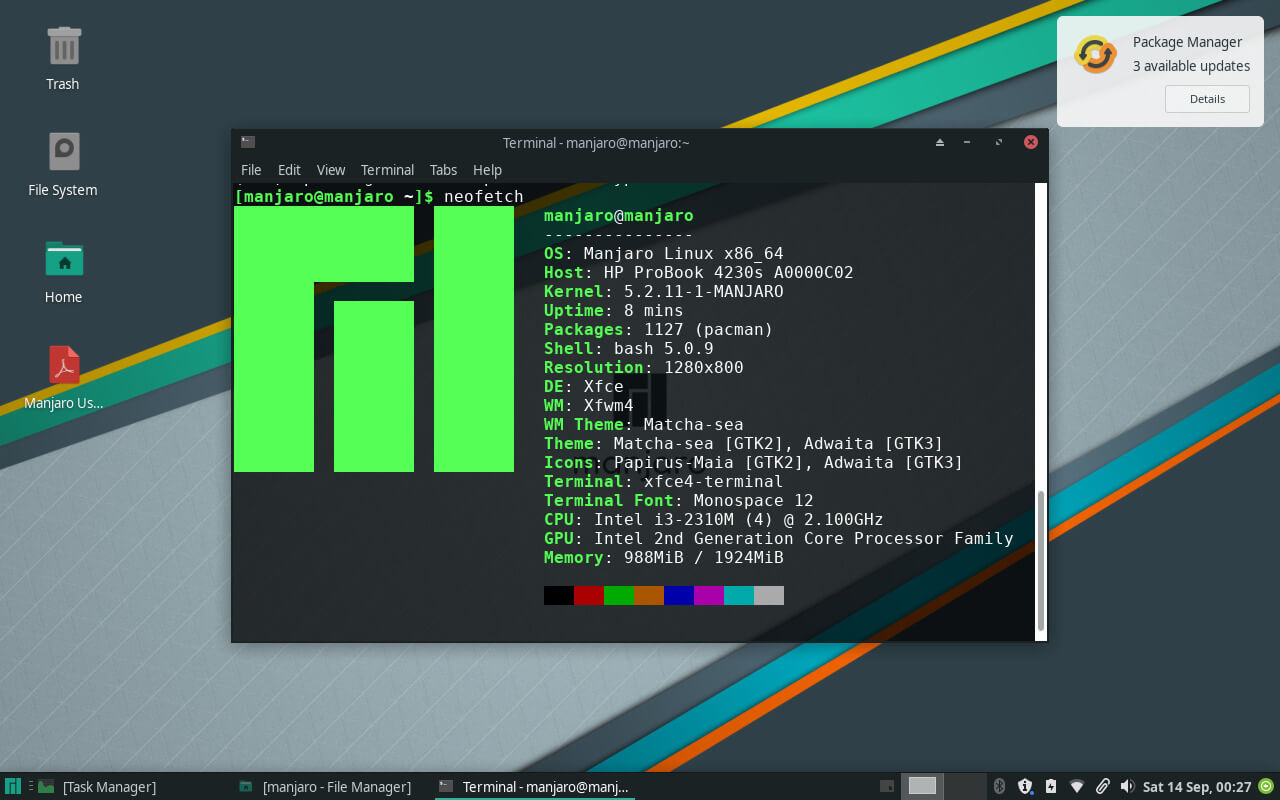
9. Kali Linux 2021
Kali Linux is a Debian-based distro developed and maintained specifically for advanced penetration testing and security by one of the world’s leading information security training companies, Offensive Security.
Commonly referred to as the perfect OS for hackers, it is a complete rebuild of BackTrack Linux and completely complies with Debian development standards since its first release on 13th March 2013. Right out of the box it ships with a butt load of tools geared towards Information management, Computer Forensics, Reverse Engineering, and Security research, among other tasks.
As of today, May 30, 2024, the latest version is Kali Linux 2024.1, which was released on February 22nd, 2024.
- New visual themes for Xfce and GNOME desktops.
- Introduction of Micro Mirror free software CDN for faster downloads.
- Updated security tools (specific tools not mentioned here, check official release notes for details).
- New tools added to the repository.
- Updates to Kali NetHunter for mobile penetration testing.
Kali Linux is available free of charge and you can download it from here: Download Kali Linux 2024.1.
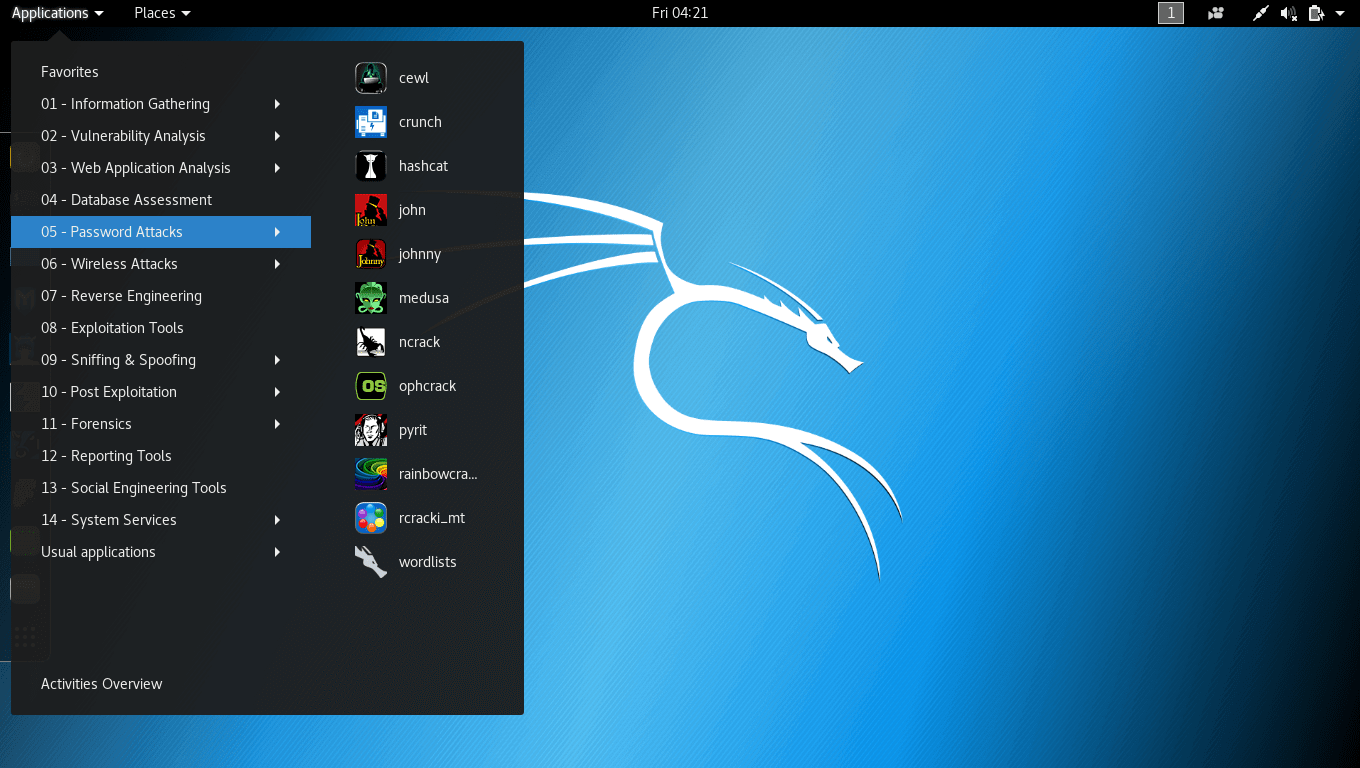
10. openSUSE
openSUSE is among the most loved distros by system administrators, developers, and even several Linux newbies. Endowed with an activity community known for building virtually everything in-house, openSUSE is unlikely to lack any system requirements that you desire.
It is available in 2 versions, Tumbleweed – a rolling release version that is always updated with the latest improvements, bug fixes, and new features, and Leap – a regular-release version that gets updated periodically.
If you run Tumbleweed then you’re already running the latest version with updated software. The latest version of Leap is 15.5, which was released on June 7, 2023, and you can choose to do a fresh installation of either distro model.
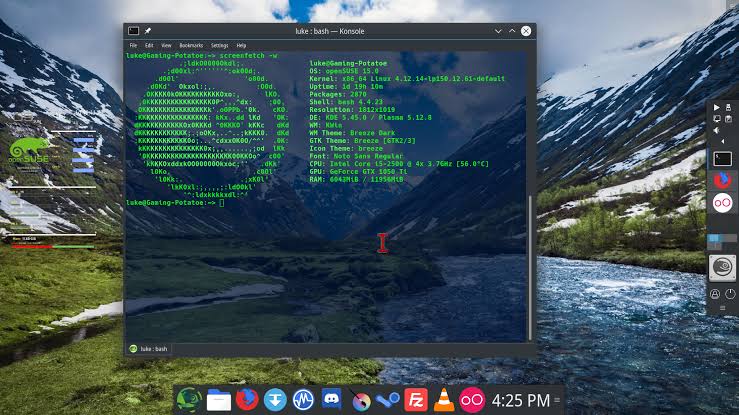
11. Arch Linux
Arch Linux is a free and open-source distribution for x86 – 64-based architectures. Being a rolling release, it constantly gets updated in the background with fixes and new features without the need for a system reboot.
Arch Linux, as a rolling release distribution, doesn’t have specific releases with set dates. Unlike distributions with fixed versions, Arch Linux updates packages continuously. So, the “latest” version is always the current state of the repository, which is constantly changing.
If you aren’t, you can download the latest version from here: Download Arch Linux.
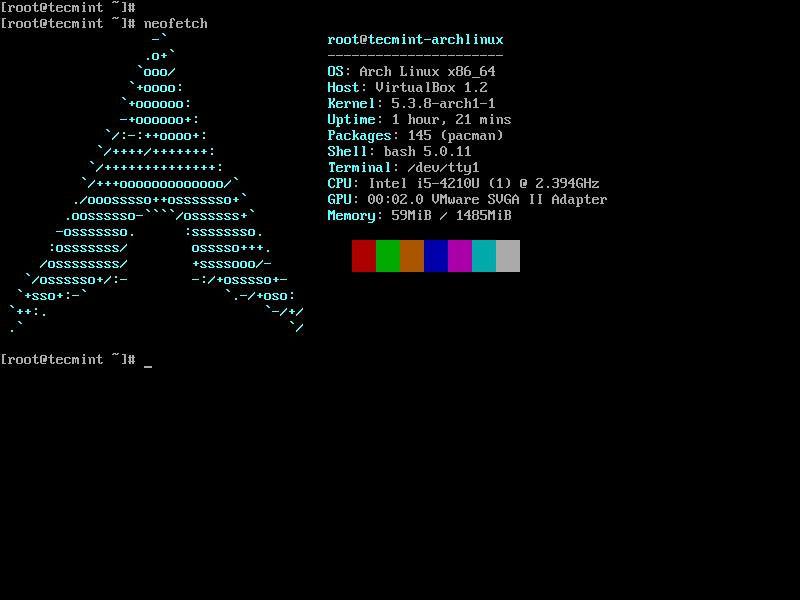
For Arch Linux installation instructions, read our guide Arch Linux Installation and Configuration on UEFI Machines.
